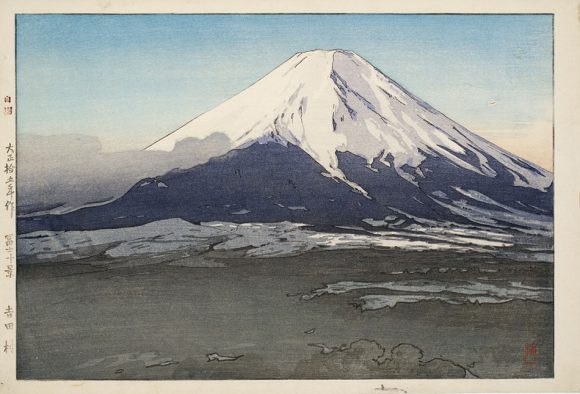Train and Drink Alcohol

Through the global stress increase in recent years, many have acquired new habits, one of them is alcohol consumption, which acts as a reducer of brain activity, affecting motor capacity and impairing memory, and at the same time increases activity in the production of dopamine causing a feeling that something good is about to happen, thus contributing to addiction.
In the year 2022 I tried to build a routine where I could maintain the weekly alcohol consumption habit and at the same time maintain my training plans, and in the last 6 months I decided to reduce its consumption and also acquire even healthier habits.
With alcohol
A training routine where alcohol consumption is present during the week is possible, but as much as many talk about balance, this ends up becoming ineffective, according to my experience when training mainly on days close to alcohol consumption I felt as if there was fatigue at all times, where performance progress did not occur, in addition, results such as definition and increase in muscle mass were almost non-existent.
In addition we can add to my experience an increase in thoughts related to depression and lack of mood during the day. Remembering that many times the training was carried out during periods of hangover, where the body was suffering the consequences of increased ketones and fatty acids, in addition to dehydration and inflammatory processes, contributing to a feeling of dragging something along with me.
The only benefit I noticed was the possibility of being able to sleep for long hours and thus helping in a process of muscle relaxation and almost forced rest, thus helping to reduce muscle pain and a feeling of restarting the system.
Conditions Change
Upon noticing how much alcohol was already present in my routine, whether through social events, recipes or whatever the reason, I decided to create conditions for its consumption, for example, if I drank one day, I should then apply a gap of 1 month until next time, along with this condition, I added a specific workout to be performed or even some commemorative date, thus creating a scenario that is the opposite of what would normally lead to addiction, where practically any event already becomes a reason for alcohol consumption.
Also, based on an excerpt I read from Carl Hart’s book – High Price, where it is described that many adhere to addiction because they do not have other forms / sources of happiness in their lives, and thus drugs easily enter the routine for contribute to this sensation by stimulating the production of dopamine, seratonin and other hormones that contribute to this.
In this way, I changed my routine, looking for activities that could naturally contribute to the production of “happiness hormones”, one of which was increasing the running distance, without worrying about its intensity.
No alcohol
At the beginning it was like starting an activity for the first time, even with a little difficulty but the results and adaptation were quick, the performance increase was clear and the feeling of dragging something disappeared, the tiredness would eventually appear but it seemed that the body was cleaner and functioning better, responding to every stimulus where recovery was existent.
Emotional balance became more constant, with less variations in feeling between happiness and sadness which became very small. Focus, disposition and cognitive capacity became better, including as well the quality of sleep.
I noticed that by increasing the amount of training the desire to consume alcohol also decreased, which was previously present mainly in moments of stress. In this way I changed the stimulus for the production of “happiness hormones”.
Conclusion
Each of us has goals and preferences, balance and common sense are the foundation of a happier and healthier life, and extremism can lead us to something not as good as expected. It is up to each one of us to know how much each choice can benefit our moments in life, which are ultimately unique and fleeting.
Rachelle | Neuroscience Ph.D. – Your Brain on Alchool – Pt.1
Rachelle | Neuroscience Ph.D. – Your Brain on Alchool – Pt. 2.
Art: Yoshida Hiroshi – Miho – Ten Views of Fuji (Fuji jikkei) #466